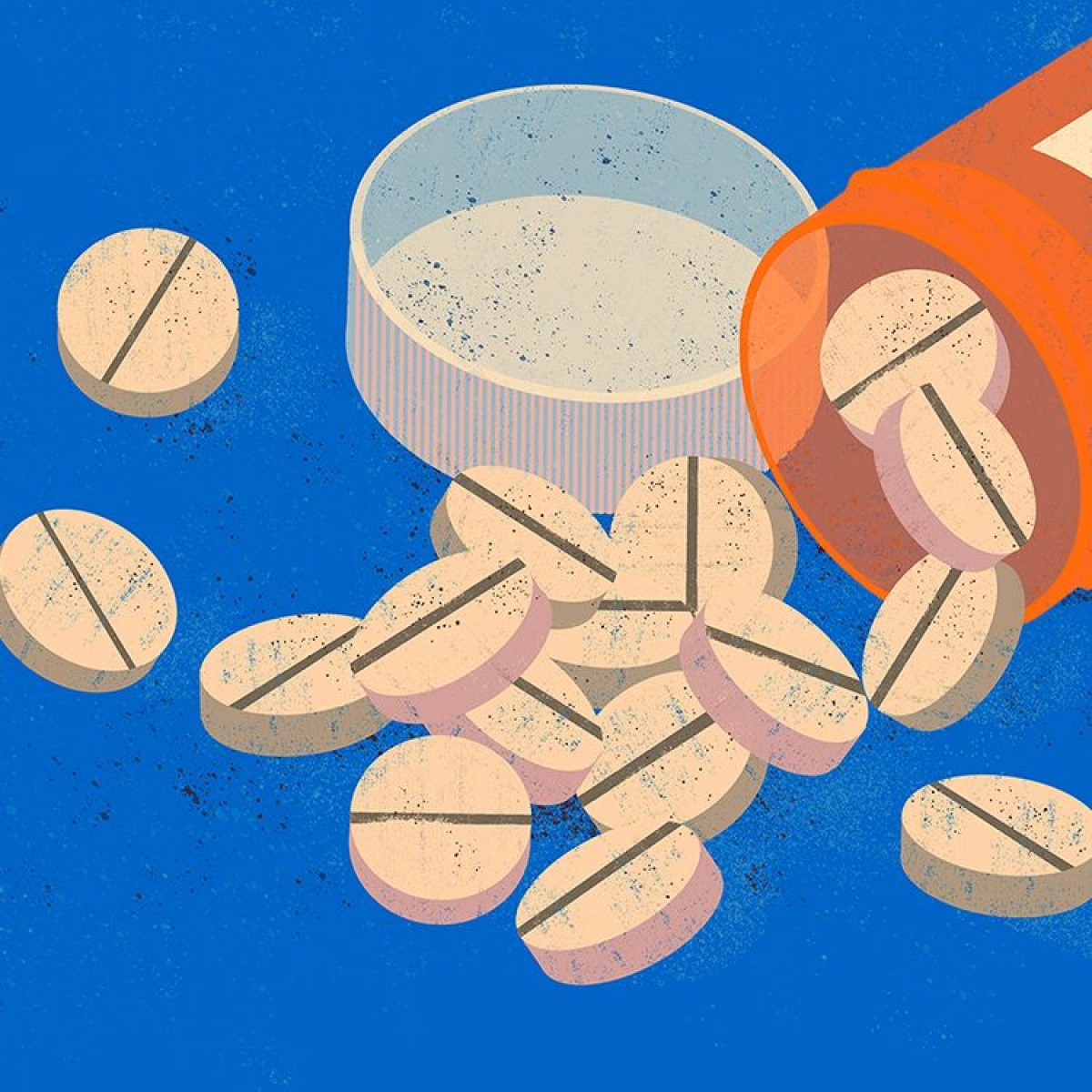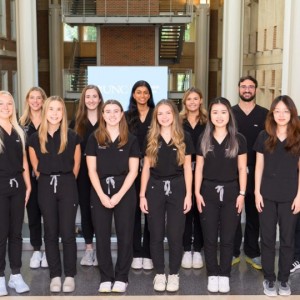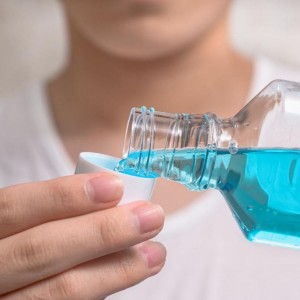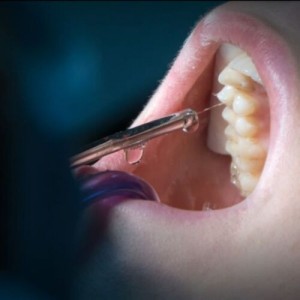
“Cuddle Hormone” May Help Curb Opioid Use
In the midst of America’s growing opioid crisis, a much healthier alternative to long-term pain management is emerging — one affectionately known as “the cuddle hormone,” or oxytocin.
University of Florida researchers are currently investigating whether a synthetic version of this naturally-occurring human hormone can be used in conjunction with prescription drugs to help curb opioid addictions, especially in susceptible older adults. An interdisciplinary research team is conducting the two-year study, with $414,375 in funding from the National Institutes of Health, and completion is expected in April 2025.
“The idea is that physicians could potentially prescribe, in combination, an opioid and oxytocin as an acute pain management option, while at the same time lessening the likelihood of developing an addiction to opioids,” said Meredith Berry, Ph.D., an assistant professor in the UF College of Health & Human Performance’s Department of Health Education & Behavior.
Berry is one of the study’s lead researchers, along with Yenisel Cruz-Almeida, Ph.D., an associate professor in the UF College of Dentistry’s Department of Community Dentistry and Behavioral Science and the associate director of the Pain Research & Intervention Center of Excellence; and Natalie Ebner, Ph.D., a professor in the UF College of Liberal Arts and Sciences’ Department of Psychology and associate director of the Center for Cognitive Aging and Memory Clinical Translational Research at the McKnight Brain Institute.
The team is analyzing whether oxytocin — which produces positive feelings in the body and is the hormone most known for its role in stimulating child labor, supporting parent-child bonding, and other social-affiliative processes — can be used as a potential pain reducer while simultaneously decreasing the desire for long-term opioid use. While opioids can be highly effective for short-term pain relief, Berry said, pharmaceutical alternatives for acute pain could lead to less addicting habits.
In a double-blind, randomized, placebo-controlled study, 30 participants between the ages of 55 and 85 with a history of some opioid use will take synthetic oxytocin via a nasal spray, or take a placebo shortly after administering oral oxycodone.
Subjects will then rate how much they like the drugs, and their cardiovascular, respiratory, cognitive, and affective responses to the drugs will be tracked. Additionally, pain measures will be collected by inducing acute mechanical pain, including subtle force applied to participants’ thighs, and thermal pain, such as cold and heat applied to participants’ hands.
Ebner will analyze the changes in mood and the cognitive outcomes, Cruz-Almeida will examine the effects of the drugs versus placebo on pain response, and Berry will evaluate the potential of reduced opioid addiction to understand the effects of the drug combinations. Physicians from the UF College of Medicine are also involved in the study to oversee participant safety.
“Collaborating with a multidisciplinary team — each member bringing expertise from various fields yet united by a deep understanding of pain and addiction — allows us to evaluate the data and implications through a diverse and comprehensive lens,” Berry said.
Developing innovative, non-addictive options for pain management continues to be critical work in the current health landscape. In 2021, approximately 60 million people used opioids, and 39.5 million people developed a drug use disorder, according to the World Health Organization.
In 2017, the U.S. Department of Health and Human Services declared the opioid crisis a national public health emergency. And, as recently as June, the department issued a renewal of determination, affirming that the opioid crisis remains a public health emergency.
Midlife and older adults, who are frequently prescribed opioids for pain, are developing opioid addictions at an increased rate. Incorporating synthetic oxytocin into these patients’ pain management routines could be a game changer.
Author: Alisha Katz
Source: https://hhp.ufl.edu/
 Related articles
Related articles
Editorials 03 October 2025
To help stock the Filling Station, a food pantry open to anyone in our ASOD family who is experiencing food insecurity or needs help making ends meet, Adams School of Dentistry is holding a food...
Editorials 25 September 2025
As the research community at Adams School of Dentistry continues to make scientific strides in oral health care and research, new ideas and an innate curiosity are part of what drives this success.
Editorials 11 September 2025
Herbal Mouthwash Targets Gum Germs While Letting Helpful Bacteria Flourish
Mouthwashes have long bragged about killing 99.9% of germs in your mouth, but Rutgers Health researchers suggest this scorched-earth approach may harm oral health by eliminating beneficial bacteria...
News 20 August 2025
Jordan Burt has always been passionate about people, and that passion is at the heart of her work as the Human Resources talent acquisition specialist at the University of Colorado School of Dental...
 Read more
Read more
Editorials 10 October 2025
With proud smiles and crisp white coats, ninety-three learners from the DDS Class of 2029 and the International Dentist Pathway Class of 2028 marked the start of their dental careers at the UCSF...
Periodontology 10 October 2025
Continuous professional development (CPD) in Periodontology refers to the overall framework of opportunities that facilitate a life-long learning practice, driven by the learner-practitioner and...
TheraBreath, the #1 alcohol-free mouthwash brand in the U.S.*, has introduced a new line of dentist-formulated, clinically tested toothpastes designed to support professional oral care...
News 10 October 2025
New officers and trustees were installed at the Minnesota Dental Association’s Leadership Conference on September 19 in Minneapolis.
News 10 October 2025
Smartee Denti-Technology today announced that Professor Gang Shen, its Chief Scientist and Executive President of TaiKang ByBo Dental, has once again been named to the World’s Top 2% Scientists...















